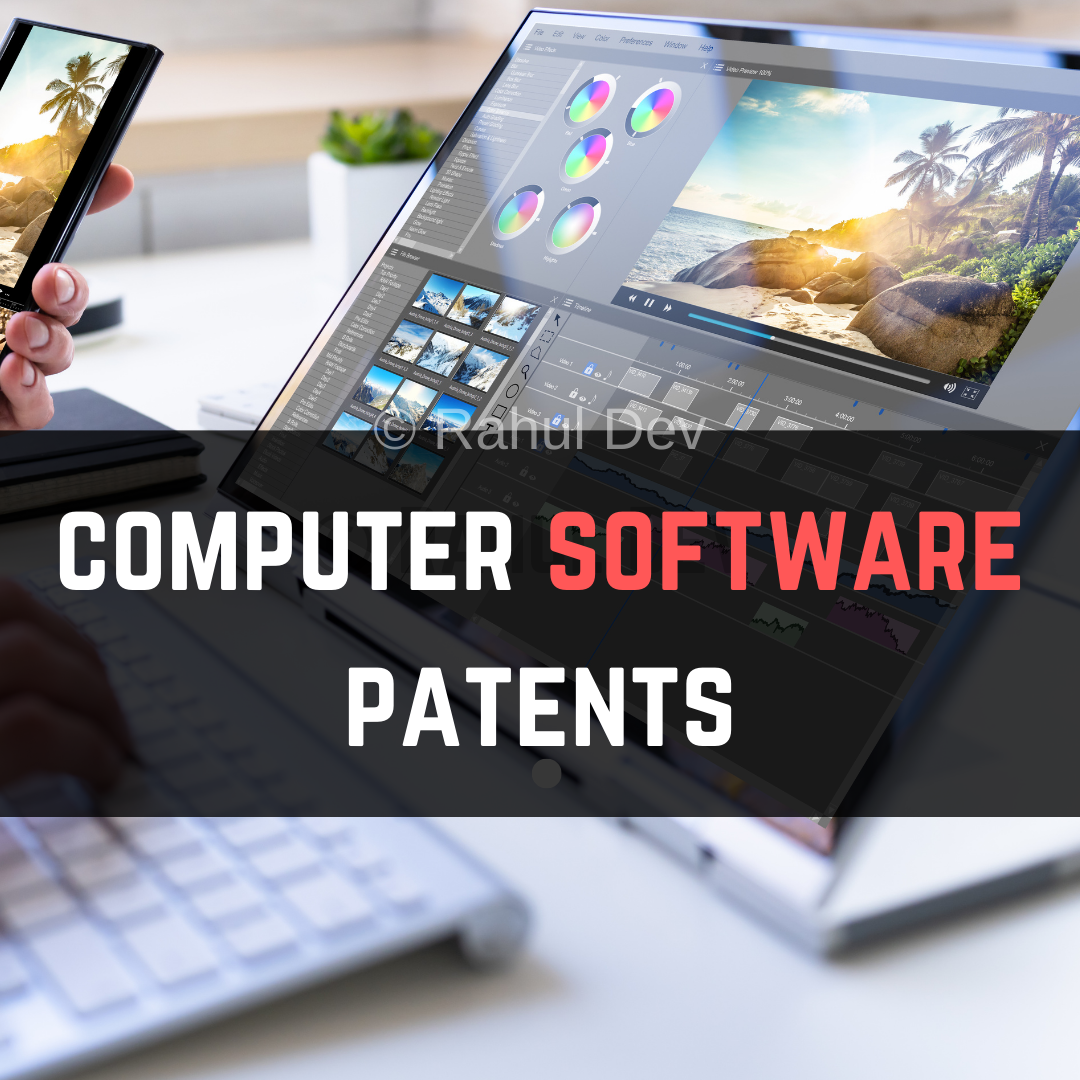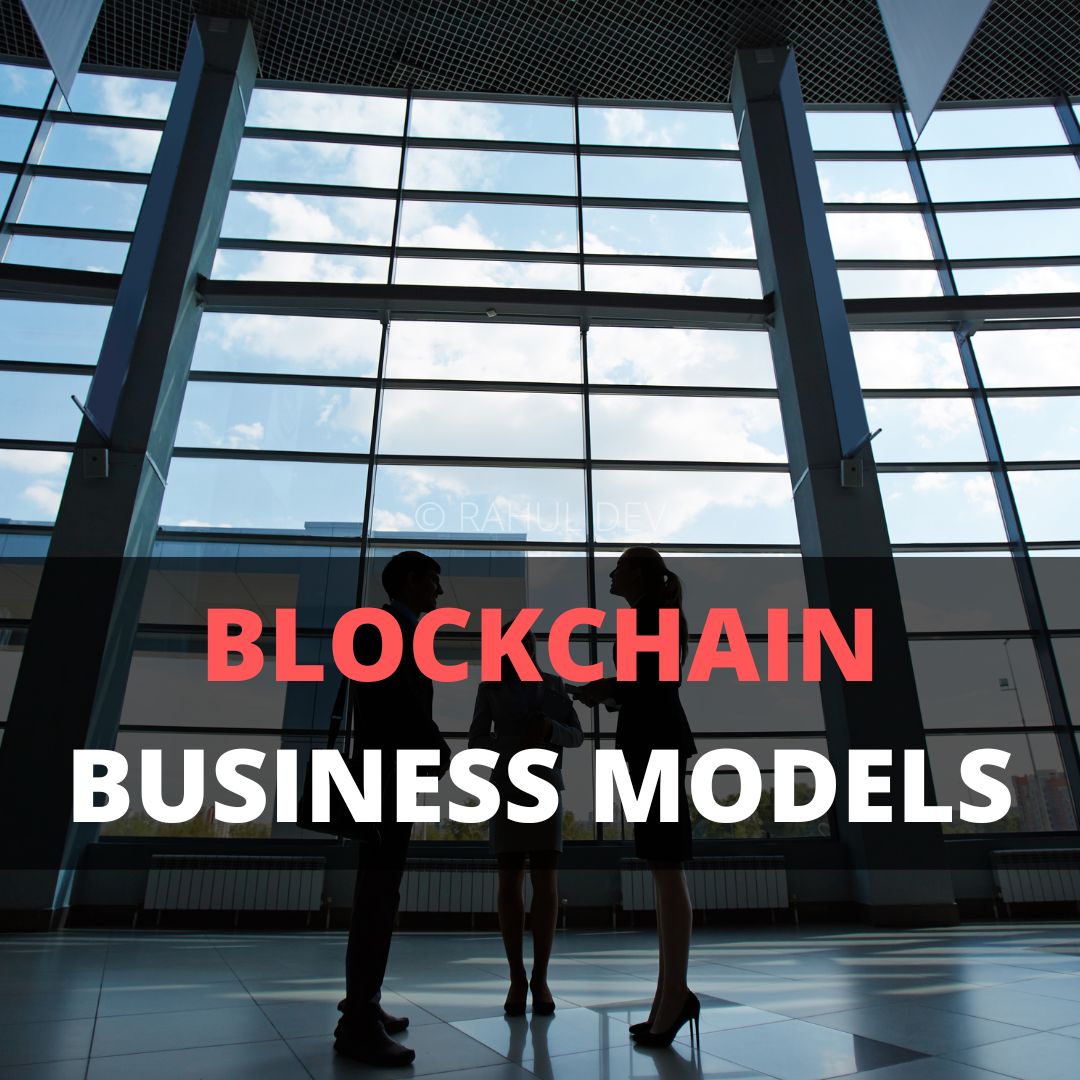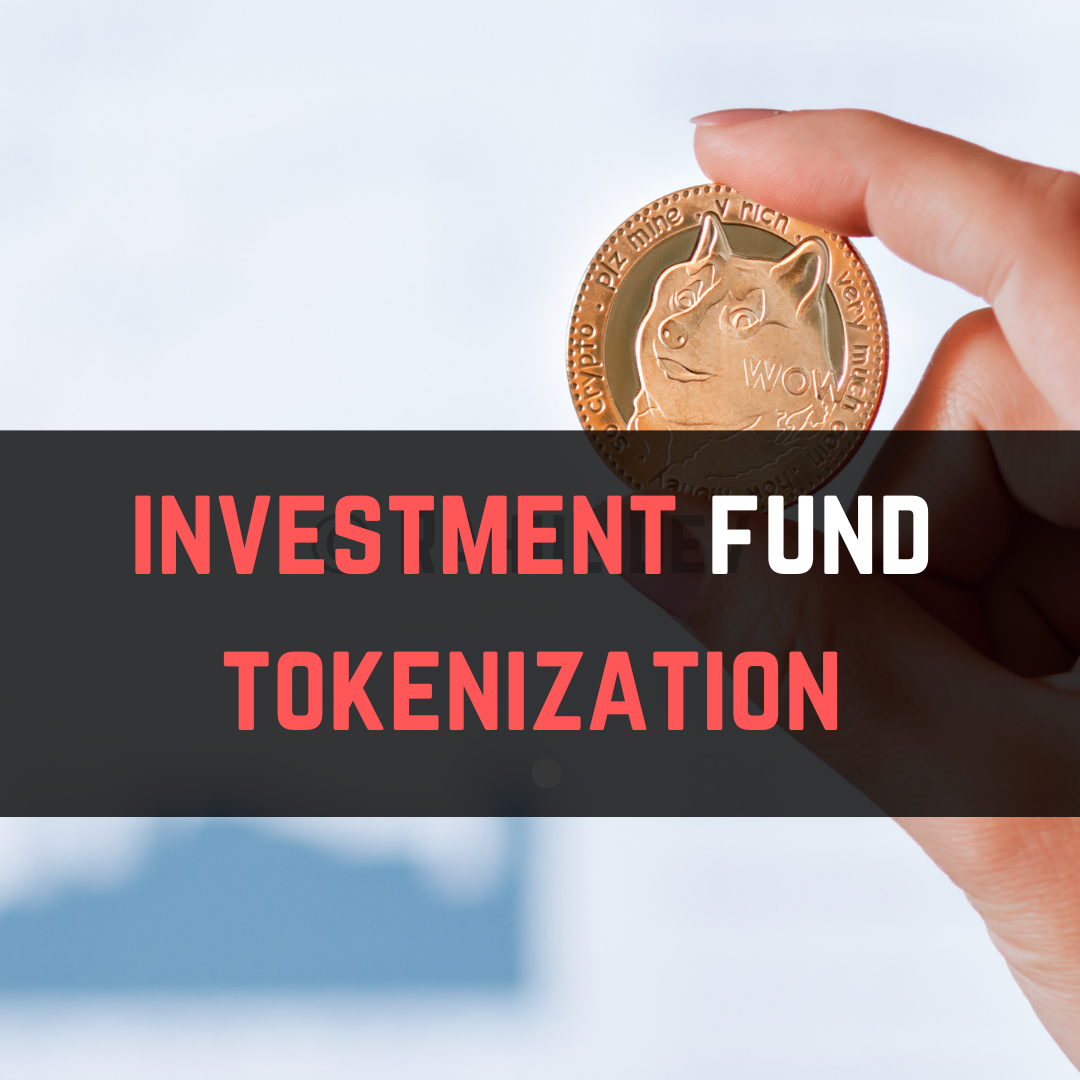
A blockchain business analyst performs crucial tasks for a blockchain business. Apart from achieving blockchain business transformation through data analysis, the role of a blockchain business analystincludes developing blockchain business reports and blockchain business insights using data science. Based on the same, the blockchain companies can perform deep-dive analysis on blockchain business opportunities and blockchain business challenges. In addition, such thorough tasks can also result in partnership with other blockchain companies by building various data analysis models. On the similar principle, innovative methods have been disclosed in US patent application 20200092083, which covers data analytics solutions using unsupervised learning methods on a blockchain based platform.
For a business to have sustainable, continuous growth, it is necessary to have ecosystem-level collaboration and optimization. Therefore, blockchain consulting services build an enterprise-grade distributed system by using a proven network design framework that drives operational agility when it opens a new revenue stream. We classified the best types of blockchain business models. These are mentioned below in this article.

With the help of the blockchain business model, you can do peer-to-peer transactions and can easily create a trusted network. It is also decentralized. In the blockchain business model, the token is used to make profits. The blockchain business model helps companies make strategies to sell a product or service due to which the company makes a profit. Each company has different ways of handling blockchain business.
Data Science is a procedure for using data to create as much impact as possible for any company. Impact can be created using different forms either of insights or products recommended and in order to produce such impacts, different kinds of models, data visualization and writings etc are required.
The Blockchain business model can help you build a company that provides a product or service that people want. It’s a distributed database that will allow you to create smart contracts and store relevant asset information. This new technology can also help you add additional business value to the products and services that you offer. Developing a blockchain solution will be challenging, but it’s possible. You’ll need to understand the concept and how the technology works before you can create a successful business model.
In addition to creating a platform, a blockchain business model can also help you build a new type of company. This kind of company can build an app or service that connects users to artists and streaming platforms. Spotify recently acquired Mediachain, a blockchain startup that created a transparent payment structure for artists. Traditional companies’ operating models put shareholders and customers in conflict. The shareholders want high ROI, and the customers want the lowest price. With a blockchain, these interests don’t conflict.
Businesses can also use the taxonomy and business model patterns to identify blockchain business models. By using this information, they can assess their business models and determine whether they should implement an internal blockchain solution or external blockchain solution. They can also identify ways to tokenize assets and generate revenues through the technology. This allows them to improve their processes while reducing costs. It’s also a great way to help companies build better products. In the end, blockchain can revolutionize how businesses run. Generally, There are seven types of blockchain business models. These are as follows:
With the help of this technology, companies can do peer-to-peer transactions. This technology also helps end-users directly interact with each other. Here the company makes a profit through tokens, BaaS (blockchain as a service), transaction fees, and others. This business model is used by Filecoin and IPFS, which provide a platform for data storage and sharing.
Valuable services include user authentication, database management, remote updating, push notifications, cloud storage, and hosting. All these services are provided by the BaaS. This model is helpful for businesses because it provides an ecosystem to manage their blockchain system. With the help of BaaS, companies experiment, test, and conduct research. End-users, including startups, do not need to focus on the way the blockchain works. BaaS assists companies in the development cycle. It put an end to the need for hardware. The most popular business models have famous operators such as Microsoft (Azure), Amazon (AWS), and IBM blockchain (BlueMix).
Some blockchain companies create solutions for bigger companies and organizations, and they also provide support after implementation. Nowadays, businesses purchase a blockchain solution and integrate it with their system so that they can adopt blockchain as early as possible. The big companies don’t go through the process of selecting and hiring talent. They can easily buy a ready-made blockchain solution. Therefore, providing blockchain technologies to organizations is very profitable and successful.
Nowadays, more developers are needed for blockchain technology and the ecosystem. Some of the start-ups have created Dapps on development platforms.
Another typical blockchain business model is to charge a network fee for using the blockchain. This type of blockchain business model applies to both blockchain solutions such as Ethereum and dApps that charge users a small fee for various network activities. For instance, the Ethereum network charges developers to publish their dApp.
The last blockchain business model is blockchain professional services. Leading expert development companies provide these services, such as dApp development, blockchain consulting services, auditing, etc., to startups and other businesses to help them get ready for blockchain. There are other types of blockchain professional services. For instance, a lot of blockchain-powered businesses provide blockchain-related services like creating legal documents.
The blockchain business model can also be a combination of different ideas, depending on what the company wants to do. There are no hard and fast rules about how a business model should work. Companies or organisations are free to experiment in any convenient way.
Our team of advanced patent attorneys assists clients with patent searches, drafting patent applications, and patent (intellectual property) agreements, including licensing and non-disclosure agreements.
Advocate Rahul Dev is a Patent Attorney & International Business Lawyer practicing Technology, Intellectual Property & Corporate Laws. He is reachable at rd (at) patentbusinesslawyer (dot) com & @rdpatentlawyer on Twitter.
Quoted in and contributed to 50+ national & international publications (Bloomberg, FirstPost, SwissInfo, Outlook Money, Yahoo News, Times of India, Economic Times, Business Standard, Quartz, Global Legal Post, International Bar Association, LawAsia, BioSpectrum Asia, Digital News Asia, e27, Leaders Speak, Entrepreneur India, VCCircle, AutoTech).
Regularly invited to speak at international & national platforms (conferences, TV channels, seminars, corporate trainings, government workshops) on technology, patents, business strategy, legal developments, leadership & management.
Working closely with patent attorneys along with international law firms with significant experience with lawyers in Asia Pacific providing services to clients in US and Europe. Flagship services include international patent and trademark filings, patent services in India and global patent consulting services.
Global Blockchain Lawyers (www.GlobalBlockchainLawyers.com) is a digital platform to discuss legal issues, latest technology and legal developments, and applicable laws in the dynamic field of Digital Currency, Blockchain, Bitcoin, Cryptocurrency and raising capital through the sale of tokens or coins (ICO or Initial Coin Offerings).
Blockchain ecosystem in India is evolving at a rapid pace and a proactive legal approach is required by blockchain lawyers in India to understand the complex nature of applicable laws and regulations.
Read About Patent FIling Guide



